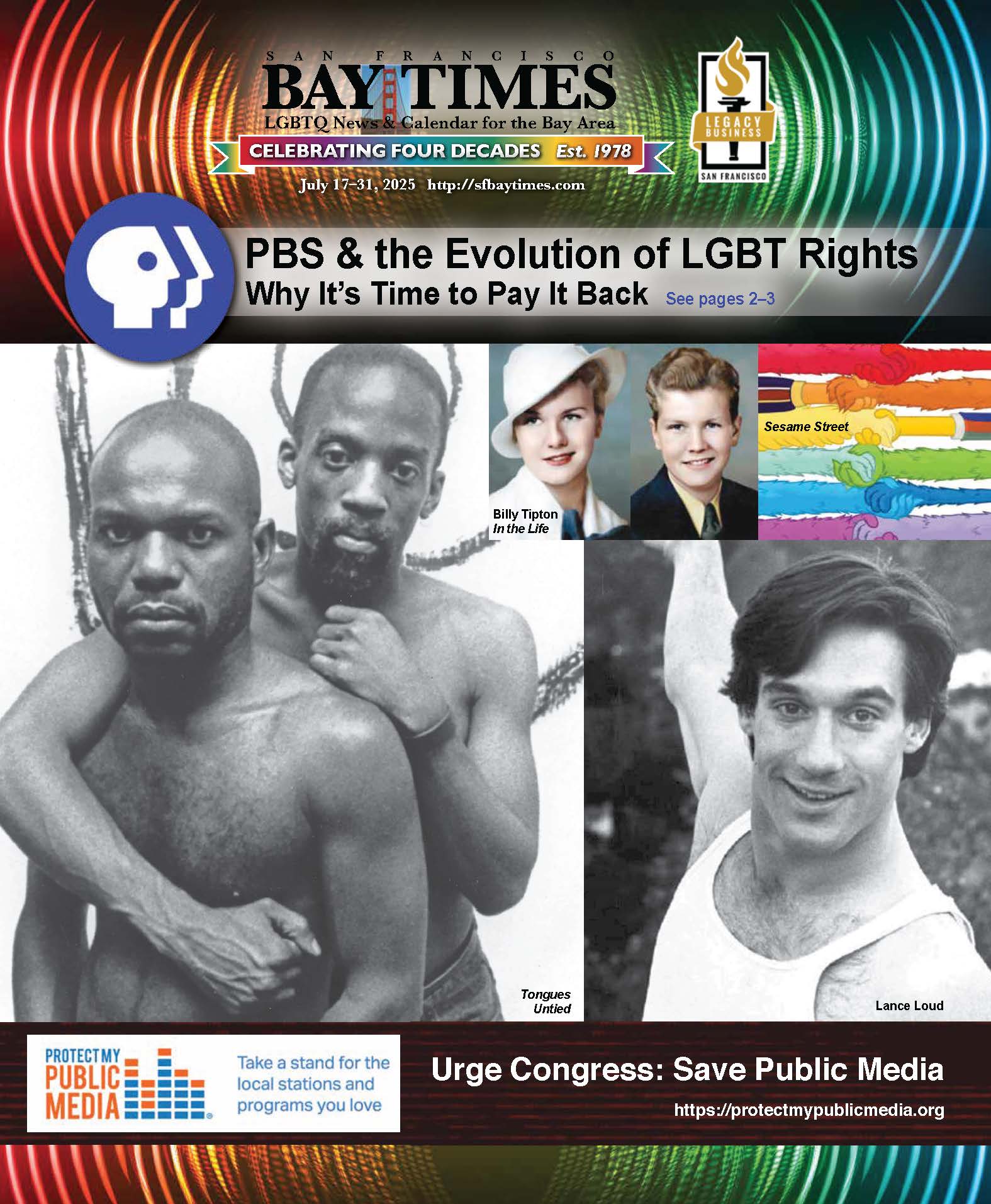
"The first television documentary about homosexuality broadcast in the U.S. was The Rejected, which initially aired on KQED TV in San Francisco on September 11, 1961."
"In 1962, KTTV featured one of the first out lesbians on television discussing lesbianism, marking a significant moment in media representation."
"Psychologist Albert Ellis, considered a founder of the American Sexual Revolution, advocated for comprehensive views on sexuality, evolving his stance on homosexuality and promoting guilt-free sexual enjoyment."
"Public broadcasting has significantly influenced the national discourse on LGBTQ+ rights since the early 1960s, with groundbreaking programs and personalities contributing to a changing societal narrative."
Public broadcasting's contribution to the LGBTQ+ rights discourse began in the early 1960s, before the Public Broadcasting Service was established. KQED, the sixth public television station in the US, was pivotal, airing the first documentary on homosexuality, The Rejected, in 1961. This documentary discussed expert opinions against viewing homosexuality as a mental illness. KTTV aired a segment in 1962 featuring one of the first out lesbians discussing her experiences and views. Additionally, psychologist Albert Ellis' evolving views significantly contributed to changing perceptions about homosexuality and sexuality on public media.
Read at San Francisco Bay Times
Unable to calculate read time
Collection
[
|
...
]